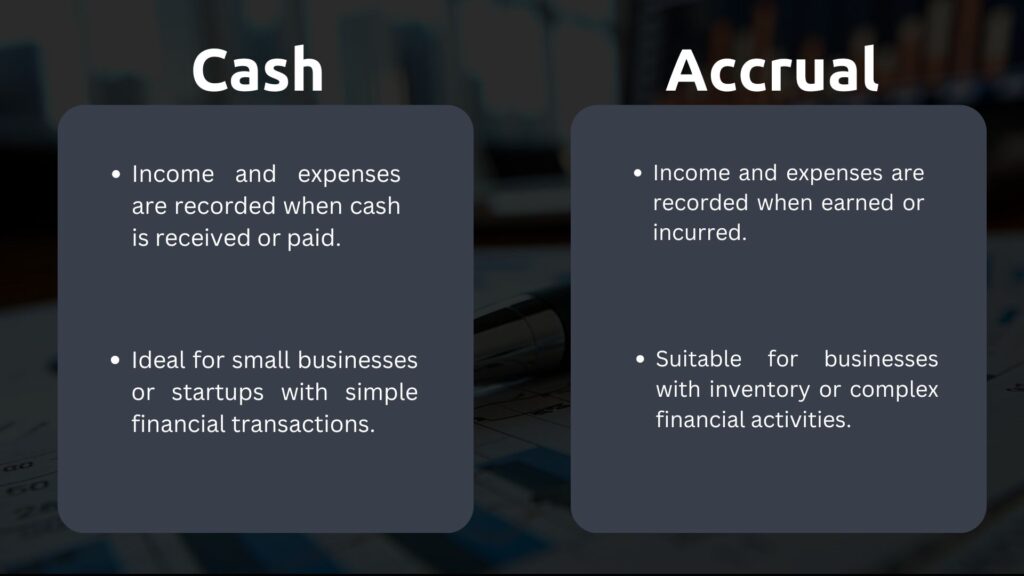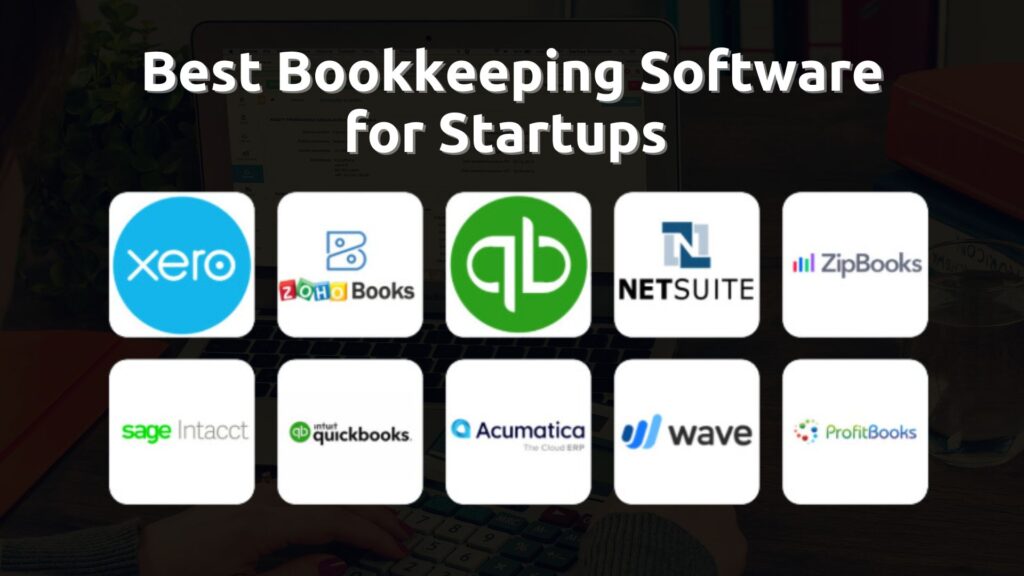10 Bookkeeping Tips to Help Startups Succeed in Their First Year

KEY POINTS
Bookkeeping for Startups: 10 Essential Tips for Your First Year
Starting a new business is exciting, but let’s be honest—Hijacking the financial side can be troublesome. Bookkeeping for startups may not be the most thrilling task, but it’s absolutely essential for the survival and growth. In your first year, getting your books in order isn’t just a “nice-to-have”—it’s a “must-have.” With over 10 years of experience in accounting and bookkeeping, I’ve seen what works and, more importantly, what doesn’t. This guide is here to help you avoid common threats and set you up for success.
Start with the Basics: Why Bookkeeping for Startups is a Must-Have from Day One
Bookkeeping for startups is more than just tracking expenses. It’s the backbone of your financial health. By keeping accurate and organized records of every transaction, you’re not only fulfilling with the law but also gaining valuable insights into your business. This can help you make Right decisions, attract investors, and avoid unpleasant surprises at tax season.
Key Tip: Make bookkeeping a priority from Day 1. It’s easier to build good habits than to clean up a mess later.

Choose the Right Bookkeeping Method: Cash vs. Accrual
One of the first decisions in bookkeeping for startup is whether to use the cash or accrual method for accounting:
- Cash Method: Income is recorded when received, and expenses are recorded when paid. It’s simple and ideal for businesses that don’t have inventory.
- Accrual Method: Income is recorded when earned, and expenses are recorded when incurred. It provides a more accurate picture of financial health and is generally required if you deal with inventory or have revenue over $25 million.
Key Tip: If you’re unsure which method is right for you, consult with an experienced bookkeeper or accountant.
Separate Personal and Business Finances Immediately
Combining personal and business finances is a recipe for disaster. Open a dedicated business bank account and get a business credit card. This not only simplifies your bookkeeping but also protects you legally by maintaining your corporate shield.
Key Tip: Use accounting software like QuickBooks or Xero for tracking of expenses.

Leverage Technology: Invest in the Right Bookkeeping Software
Manual bookkeeping is a thing of the past. Today, cloud-based software can save you time, reduce errors, and provide real-time financial insights. Tools like QuickBooks, Xero, and Zoho are popular choices that can automate invoicing, track expenses, and even generate reports.
Key Tip: Choose software that blends well with other tools you use, like CRM or payroll software, to simplify your operations.
Track Every Dollar: Record All Income and Expenses
In bookkeeping for startups, cash flow is king. Every dollar coming in and going out should be recorded carefully. Not tracking small expenses can lead to big problems later, especially when it’s time to file taxes or apply for funding.
Key Tip: Make it a daily habit to update your books. It takes less time than a weekly or monthly catch-up and ensures accuracy.
Understand Your Key Financial Statements
There are three financial statements that every startup should be familiar with:
- Profit & Loss Statement (P&L): Shows your revenues, costs, and expenses over a specific period.
- Balance Sheet: Shows a summary of your company’s assets, liabilities, and equity at a specific point in time.
- Cash Flow Statement: Shows how changes in the balance sheet and income affect cash and cash equivalents.
Key Tip: Regularly review these statements to evaluate your financial health and make strategic decisions.
Stay Ahead of Taxes: Know Your Obligations
In the U.S., startups have various tax obligations, including federal, state, and possibly local taxes. Not keeping up with these can result in penalties. Ensure you’re aware of what taxes apply to you, when they are due, and keep detailed records to support your tax filings.
Key Tip: Consider hiring a tax professional or bookkeeper with expertise in your industry to avoid costly mistakes.
Don’t Forget About Payroll and Employee Costs
Got team members? Great! But remember, paying them isn’t as simple as just sending cash. You need to keep track of salaries, benefits, and taxes. If you’re hiring contractors, they’re in a separate category for tax purposes, too—so keep it tidy!
Key Tip: Use payroll software to make your life easier and avoid tax headaches. Let the software do the hard work!
Budget Like a Boss
Budgeting might sound boring, but it’s a lifesaver in bookkeeping for startups. A good budget helps you see where your money’s going, so you’re not surprised when funds get low. Checking your cash flow regularly also keeps you from running out of money when you least expect it.
Key Tip: Set a day each week to peek at your cash flow. Think of it like checking your bank balance after a night out—better safe than sorry!
Be Audit-Ready
In your first year, it’s easy to forget about important rules, but being ready for audits from the beginning can save a lot of money later on. Keep your records organized and make sure to follow any rules that apply to your industry, especially if you’re in a field that has strict regulations.
Key Tip: Do a quick “audit check” every few months. If you spot any weird stuff, fix it now instead of freaking out later.
Conclusion
Mastering bookkeeping for startups in the first year is not just about compliance; it’s about creating a strong foundation for long-term success. By staying organized, separating personal and business finances, and leveraging modern tools, you’ll make smarter financial decisions and avoid costly mistakes. Whether it’s choosing between cash and accrual accounting, tracking every expense, or preparing for tax season, every step matters.
Investing in the right bookkeeping software and understanding key financial statements like the profit and loss statement or cash flow statement will give you valuable insights into your business’s health. Additionally, a proper budget and audit readiness will save you from unnecessary surprises down the road.
Remember, good bookkeeping practices not only attract investors but also ensure you’re ready to scale your business efficiently. So, start now, stay consistent, and let bookkeeping for startups become your secret weapon for growth and financial stability!
Download Your Free Bookkeeping Checklist
Managing bookkeeping tasks can be difficult, but staying organized is the key to financial success for your business. To make bookkeeping for startups easier, we’ve created a detailed Bookkeeping checklist for startups that covers everything from daily transaction logging to year-end financial review.
This checklist is designed to:
- Simplify your bookkeeping routine.
- Ensure accuracy in your financial record
- on top of tax obligations and compliance.
👉 Access the Checklist
Click the button below to download the Ultimate Bookkeeping Checklist Spreadsheet and start optimizing your financial management today!

